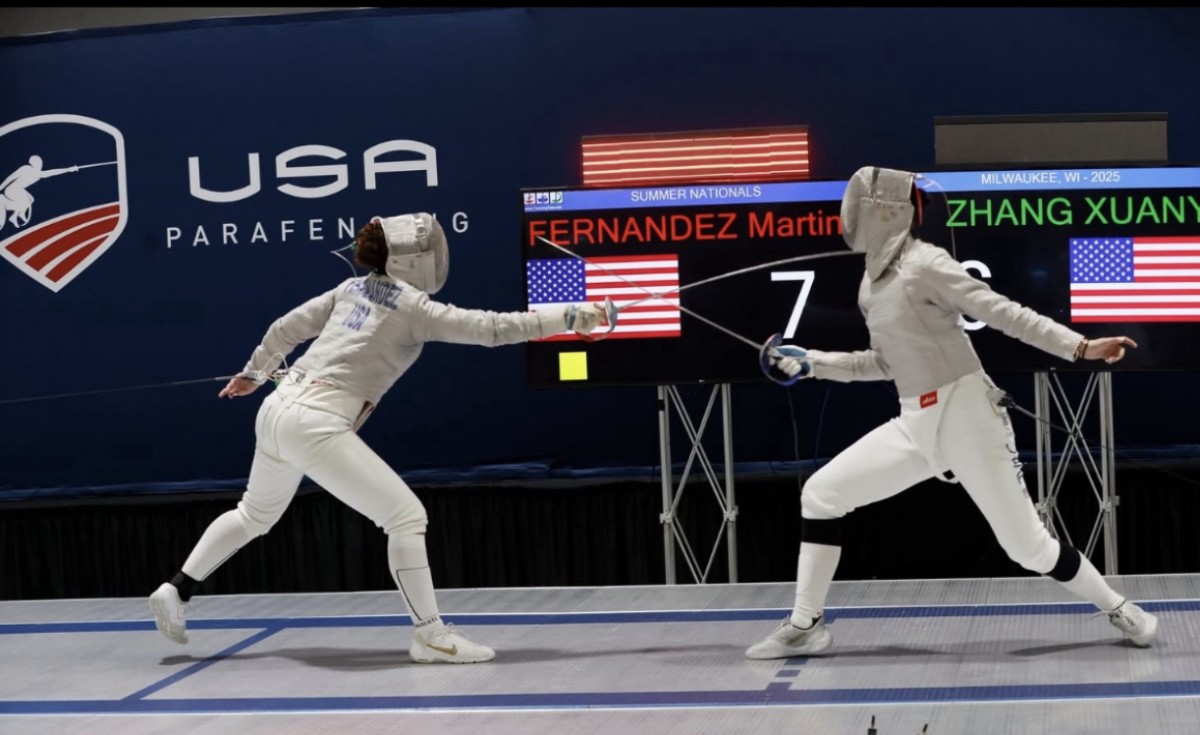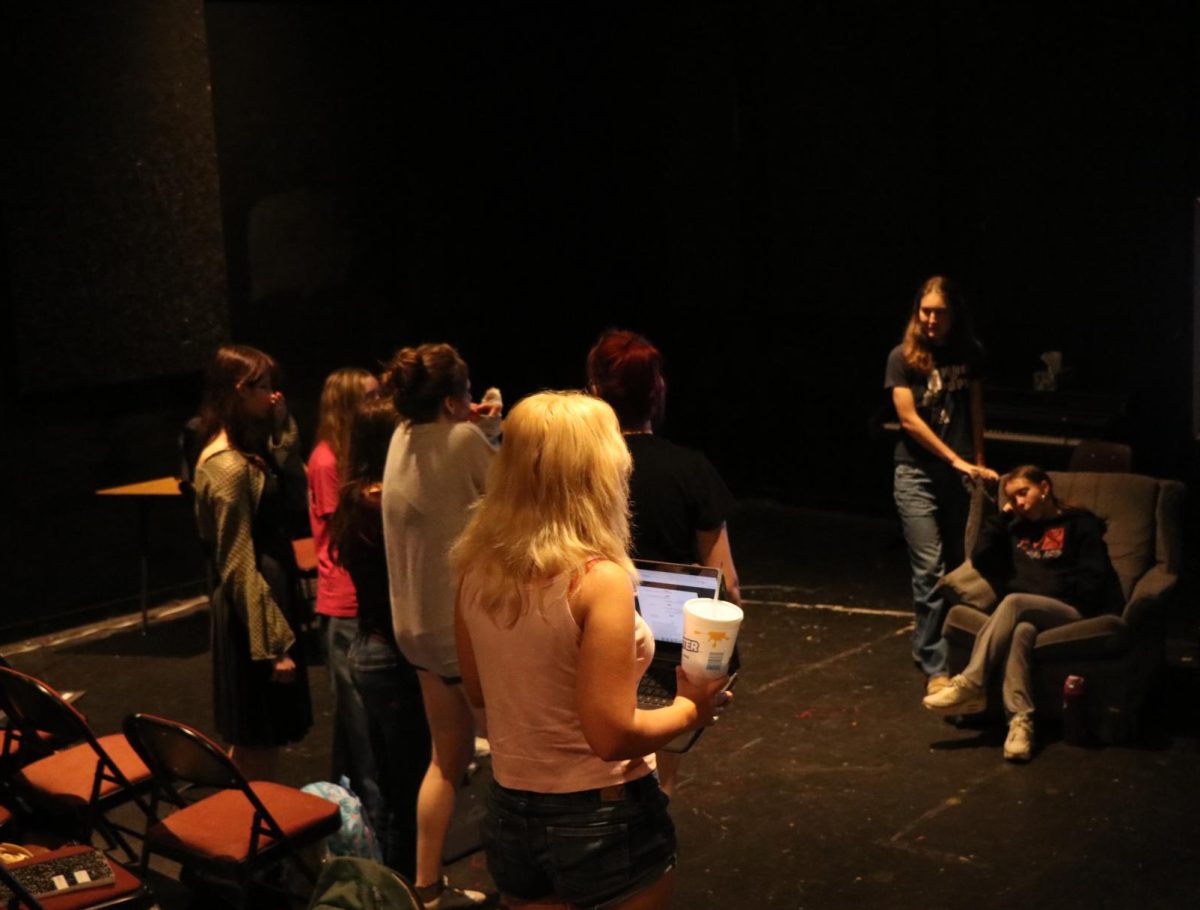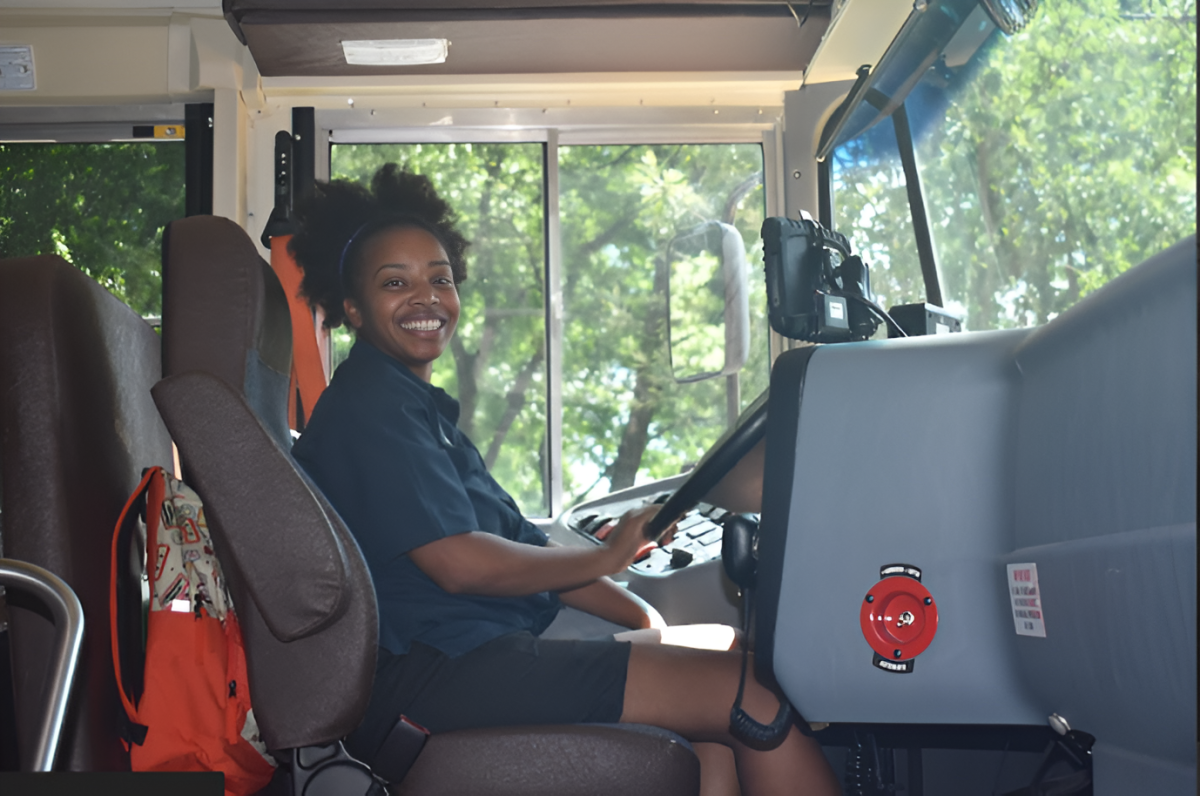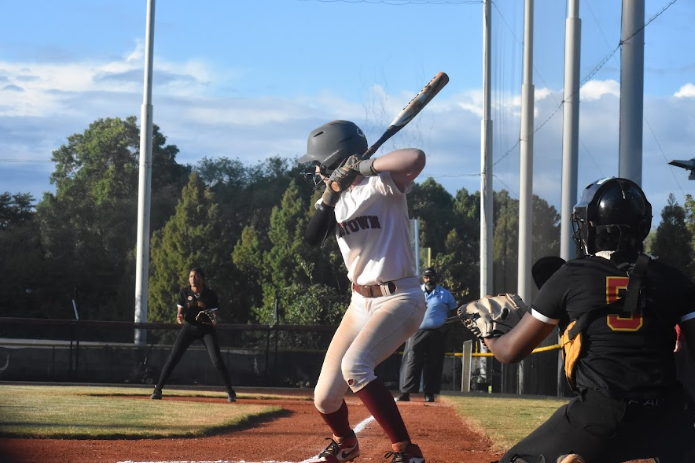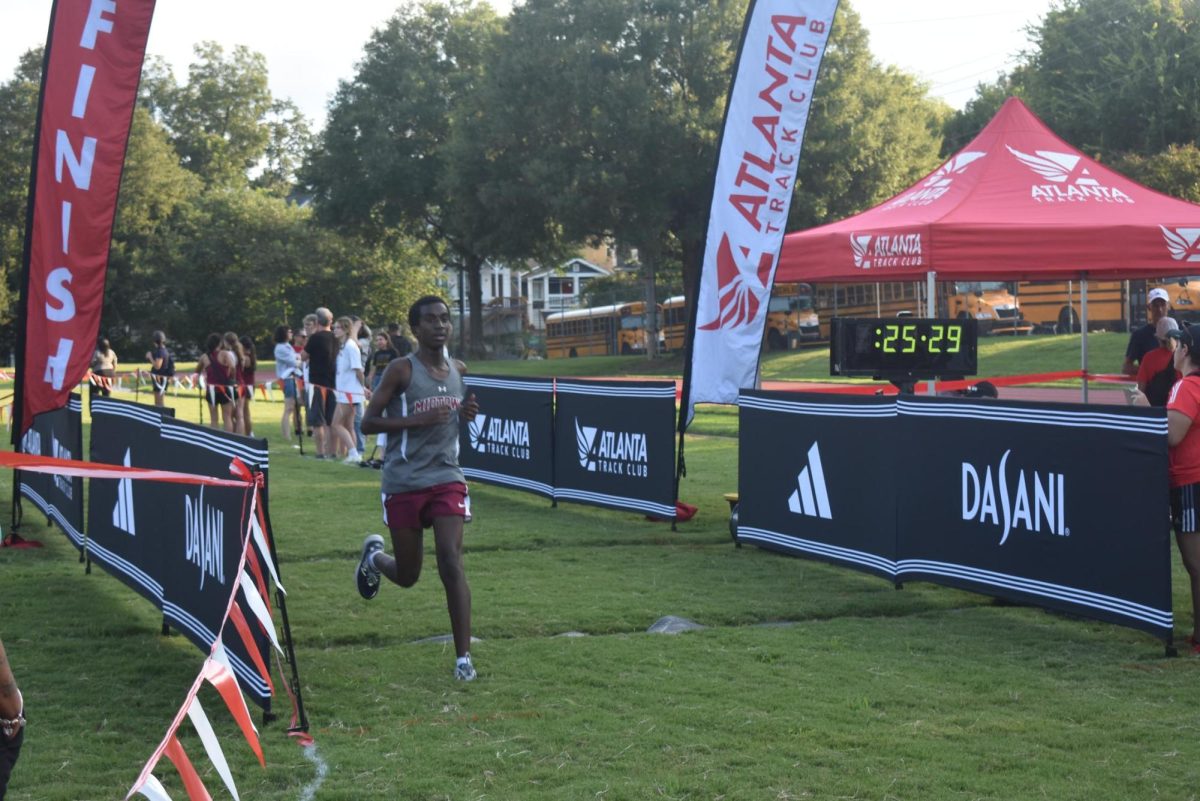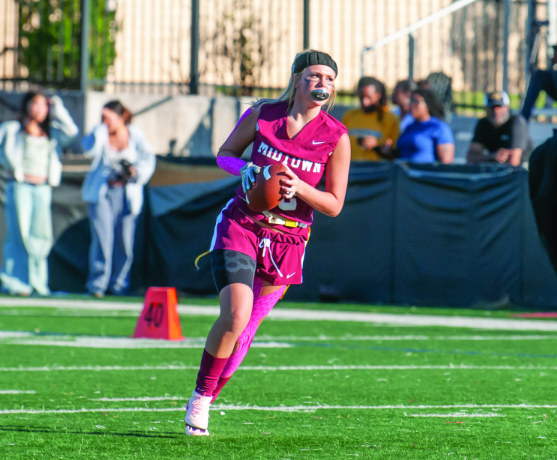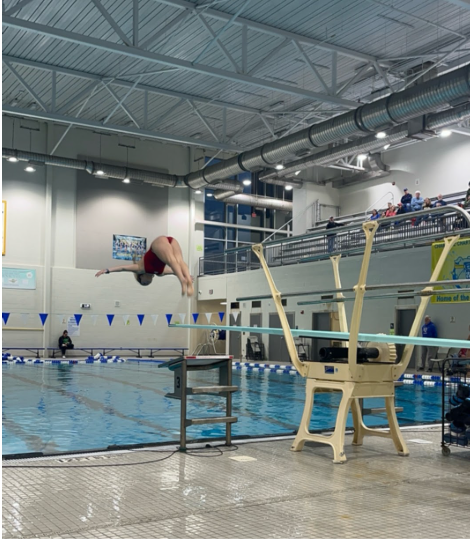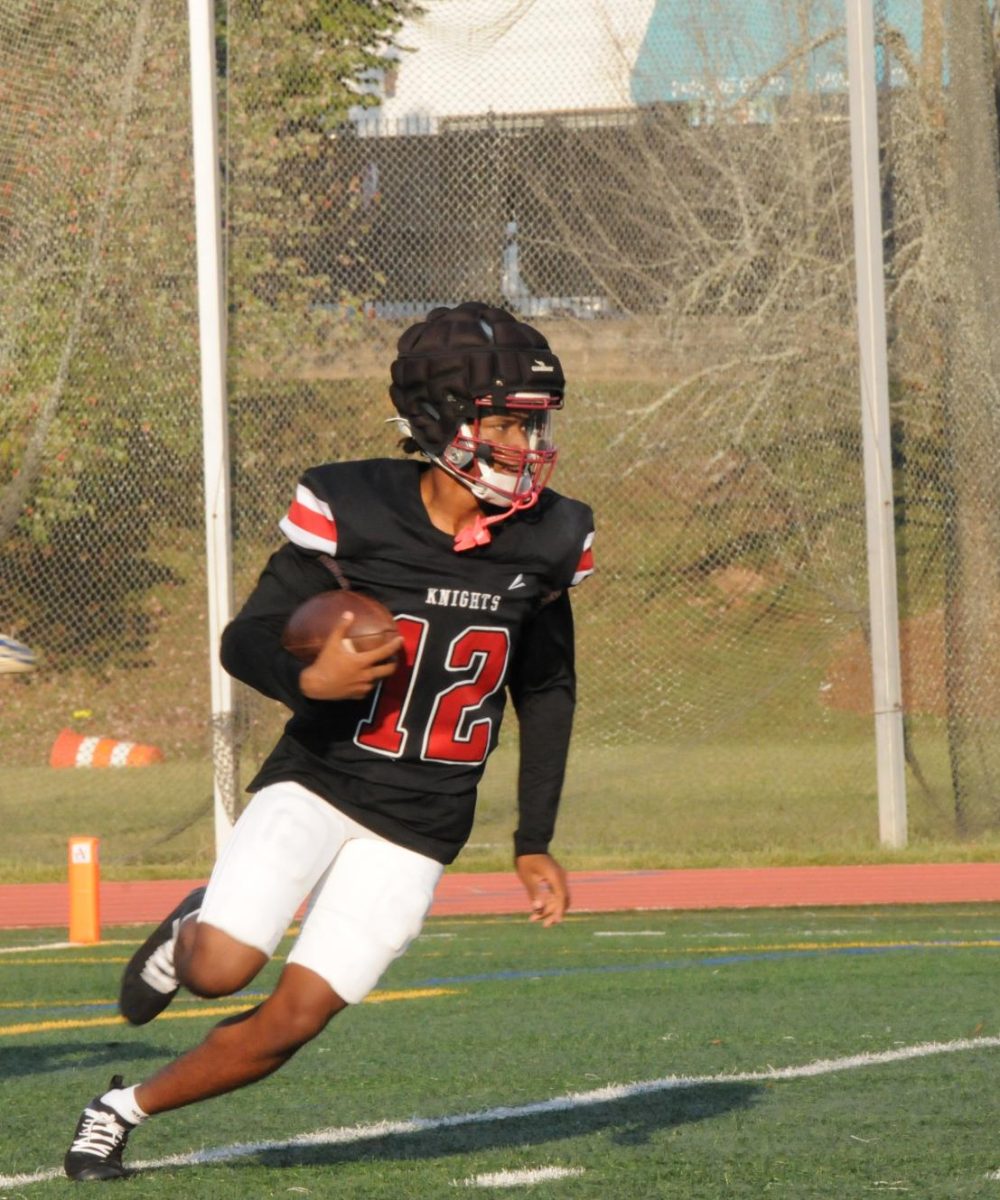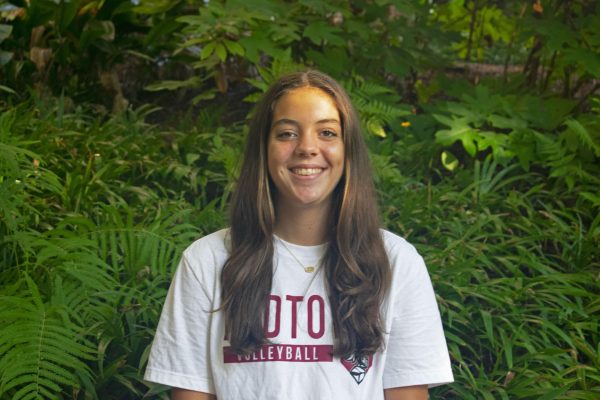Sophomore Martina Fernandez is ranked top five in the nation for Cadet Women’s Saber fencing.
Fernandez first picked up a fencing sword at just 8 years old, following the footsteps of her older brother, Rodrigo Fernandez. Both siblings got their start thanks to an ad that came on their mother’s, Maria de la Sota’s, cell phone.
“We started Rodrigo in fencing because of a summer camp,” de la Sota said. “A Groupon for a fencing camp popped up on my phone, so I signed him up. At the time, Martina was in gymnastics, but the schedule was getting tough for me to manage with work. So I signed her up too, with the same coach as Rodrigo.”
As she was in the process of becoming a level four gymnast, Fernandez’s mother proposed the idea of attending the fencing camp. At first, Fernandez was not interested in fencing and opposed the idea of it.
“She was upset with me for making her quit gymnastics,” de la Sota said. “But at the end of camp, they held a tournament. Martina came home and told me she had won. That was the moment I thought that she wouldn’t hate me for making her start fencing.”
Since then, Fernandez has grown to love the sport, more particularly its competitive side.
“It’s really rewarding when I win after all the work I’ve put in,” Fernandez said. “I’ve earned many first place, top three and top eight finishes at competitions that had 200 to 300 fencers. My biggest achievement was at the 2025 Summer Nationals competition, where I placed second out of nearly 300 competitors.”
Fencing at an elite level comes with challenges, both mentally and physically.
“One time I lunged at an opponent, and a bone snapped in the back of my leg, another time, I broke a bone in my foot while stepping backwards,” Fernandez said. “The physical pain is tough, but the mental side can be even harder. Sometimes I struggle in a bout [fencing match], but when I hear my friends and family cheering, it gives me energy to keep fighting.”
Fernandez isn’t the only one who battles those challenges. Her teammate, Amari Pantaleon Mazola, says fencing requires a strong mindset and Fernandez is good at keeping herself together.
“I think being a fencer makes you think for yourself, since you don’t usually have teammates with you,” Mazola said. “Even with coaches and supporters, no one can tell you exactly what to do to win. Having Martina at tournaments helps a lot. I know I always have someone there to talk to, whether it’s about my results or what I’m struggling with. No matter what, she is able to keep me calm and focused.”
The sport also requires commitment from Fernandez’s whole family. Competing at a high level means frequent national and international travel. This October, the family plans to travel to Istanbul, Turkey, for a World Cup tournament.
“Traveling for fencing is hard with time changes, especially when you come back on Monday and have to start school again,” de la Sota said. “It takes effort from the whole family. It’s mentally and physically taxing, and it affects academics too. That’s why we make sure Martina stays focused on school and chooses a college that is both academically challenging and a good fit and a good fit for her fencing style.”
Through it all, Fernandez has trained under the same coach, Terrance Lasker, who has watched her grow over the years.
“Martina has a very good sense of timing and is an amazing strategist,” Lasker said. “Being good at fencing is about understanding the game, but great fencers have another level of self-awareness. Martina is on that path. She’s grown the most in her confidence, and confidence plays a huge role in what you can achieve in fencing.”
Fernandez hopes to continue her fencing career throughout high school and further transition into college.
“I would absolutely love to fence in college and I think I should be able to,” Fernandez said. “But I don’t know where I want to go because there are a lot of really good fencing programs. But I do think it would be cool to go to Notre Dame like my brother and they have a really good program.”

